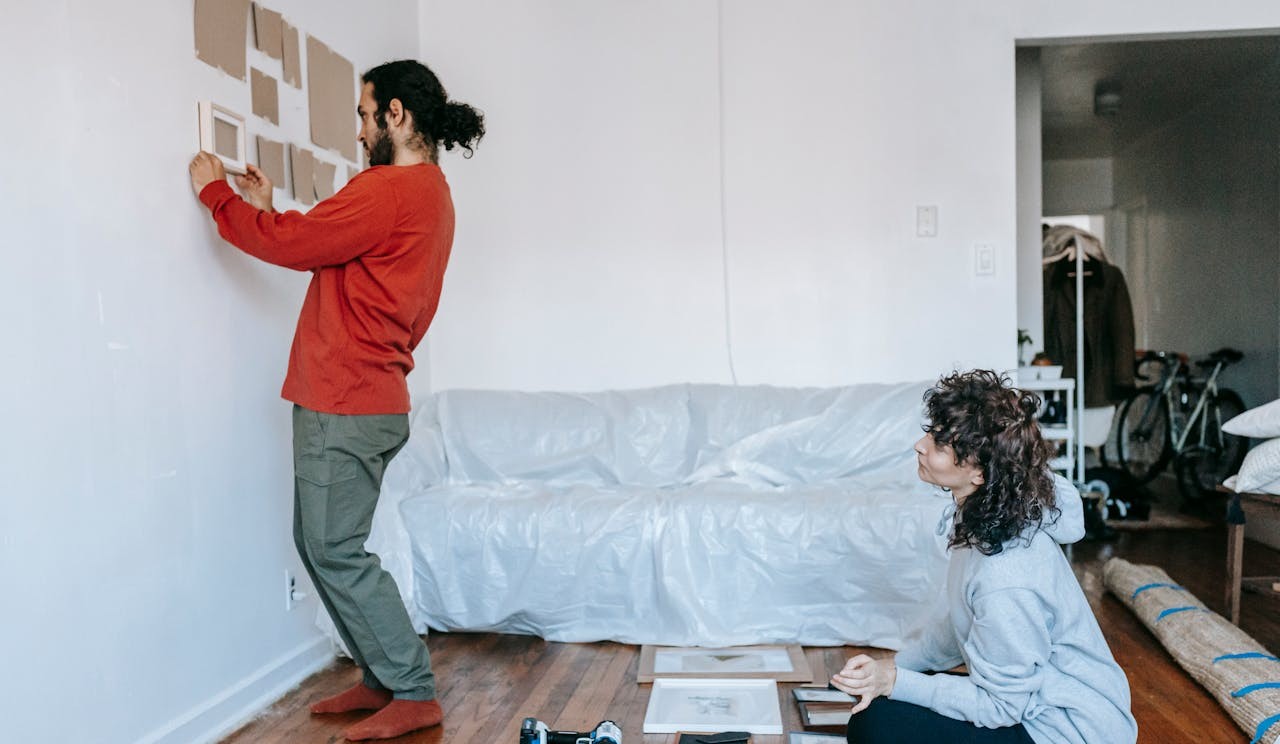Moving out for the first time can feel exciting, but also a little overwhelming. It’s more than just decorating your own space or staying up late. It means learning how to take care of things on your own, from cooking a meal to calling the doctor. These everyday skills aren’t always taught in school, but they make a huge difference once you’re living independently. Mastering the basics now can help you feel more confident and ready for what’s next.
1. Managing Your Own Money

Learning to manage money is a key step toward real independence. Start by tracking your spending and creating a simple budget that covers your needs. Use apps to keep an eye on your habits and set limits where needed. Saving a little for emergencies or future bills goes a long way. You don’t need a big income to be in control. What matters most is making smart decisions with what you have.
2. Doing Laundry Without Ruining Clothes
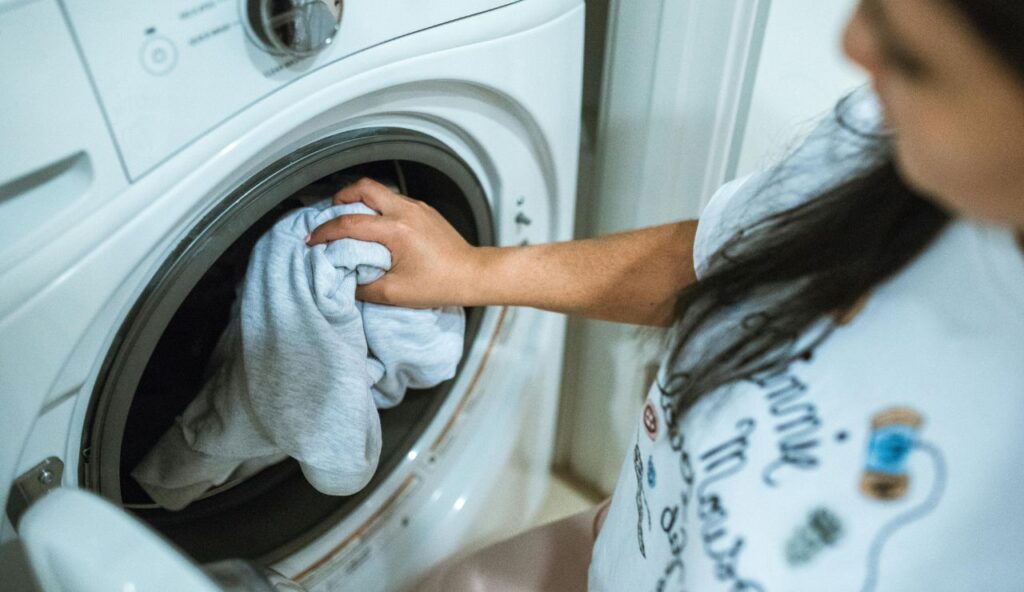
Laundry isn’t just tossing clothes in a machine. Learn to sort by color, read care labels, and choose the right settings. Use only the recommended amount of detergent, and don’t overload the washer. Dry clothes properly so they don’t shrink or wrinkle. These small steps help your clothes last longer and look better. Knowing how to do laundry right saves money, time, and those favorite shirts from disaster.
3. Cooking More Than Just Ramen
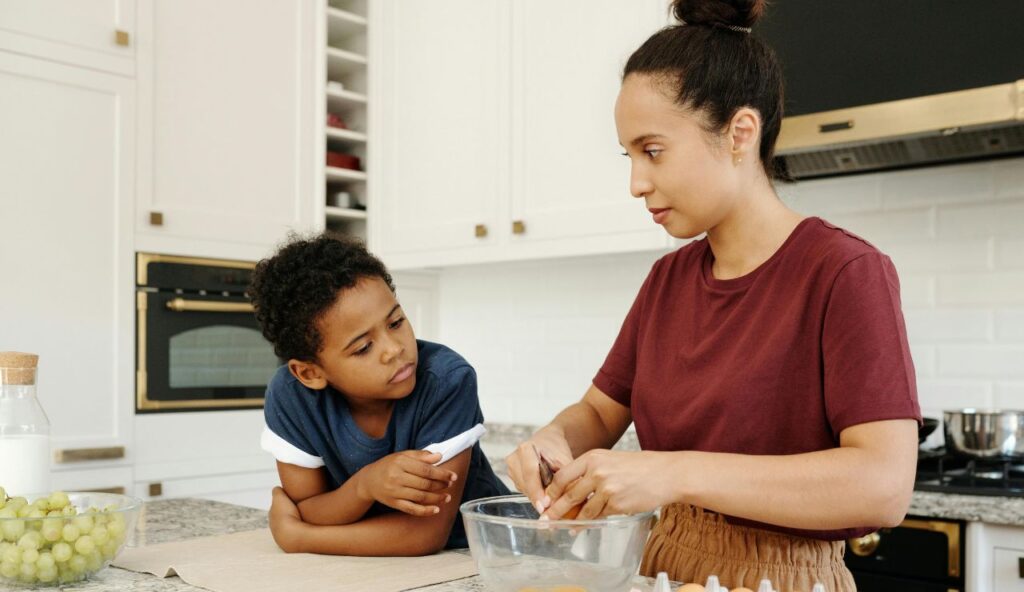
You don’t need to be a pro chef, but learning to cook a few simple meals is a real game changer. Start with basics like eggs, pasta, or stir-fry. Cooking at home is healthier and way cheaper than ordering out every day. Once you know how to follow a recipe and prep ingredients, it gets easier fast. Being able to make your own meals gives you confidence and control over what you eat.
4. Cleaning Without Being Told
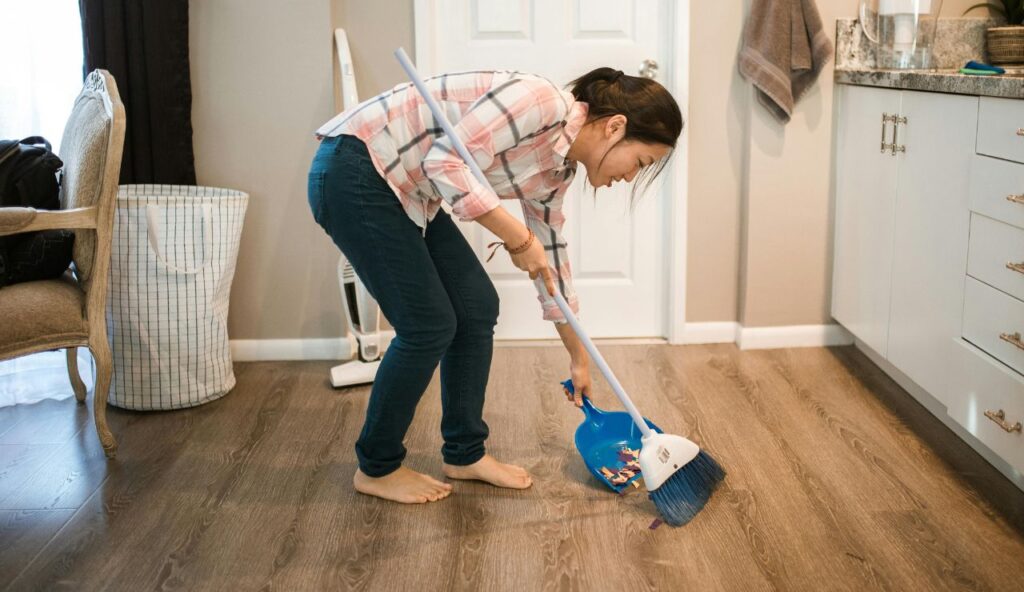
Living on your own means keeping things clean without reminders. Learn how to wipe down surfaces, wash dishes, vacuum floors, and take out the trash regularly. A tidy space helps you think clearly and feel more in control. It also makes sure you’re not living with bad smells or unwanted pests. Cleaning may not be fun, but it keeps your space comfortable and shows you can take care of yourself.
5. Making Appointments for Yourself
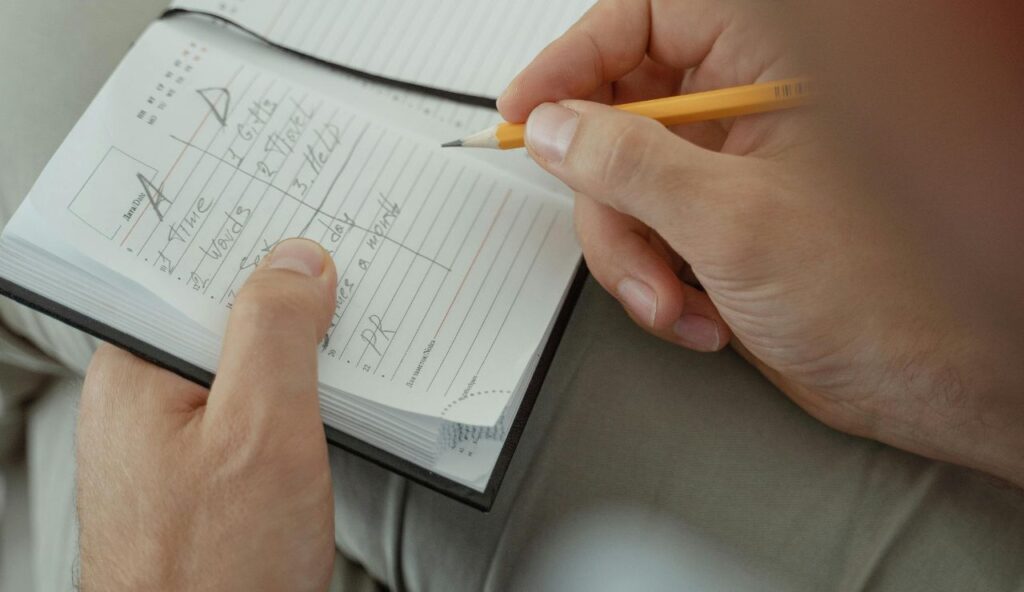
Knowing how to book your own appointments is a big step toward independence. Whether it’s for a doctor visit, car checkup, or job interview, you should feel comfortable calling, asking questions, and writing down details. Keep track of dates and show up on time. It may feel awkward at first, but it shows responsibility. Handling your own schedule means you’re taking control of your time and needs.
6. Navigating Public Transportation

Getting around without a car is easier when you understand buses, trains, and transit apps. Learn how to read maps, check schedules, and plan your routes ahead of time. Keep some extra fare or a backup payment method just in case. Public transportation helps you reach school, work, or anywhere else you need to go. Knowing how to use it gives you freedom and confidence to move through your city on your own.
7. Understanding Basic First Aid
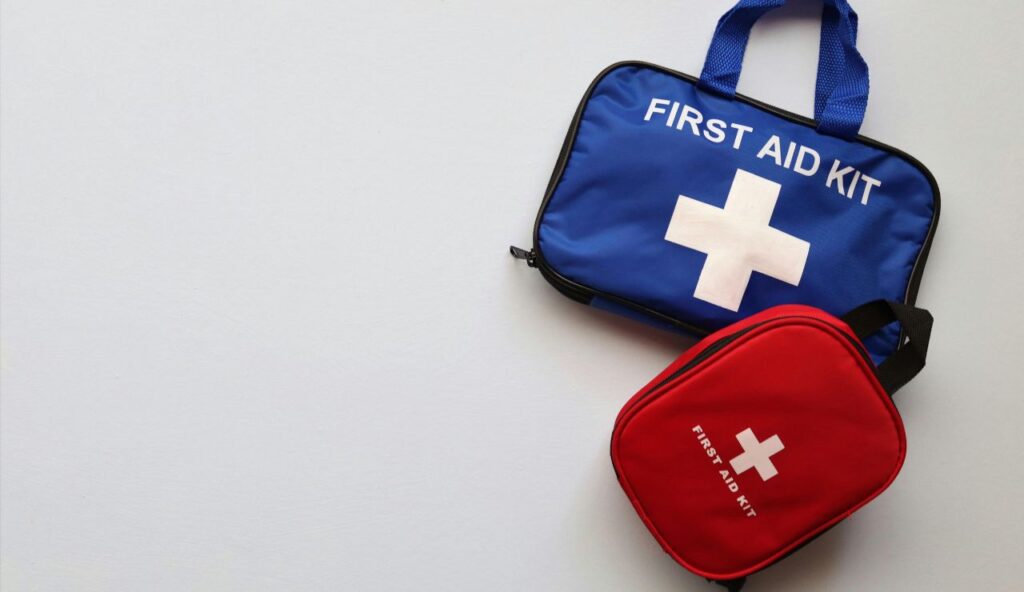
Accidents happen, and knowing how to respond can make a big difference. Learn how to clean a cut, apply a bandage, and treat minor burns or sprains. Keep a small first aid kit in your room or backpack. You should also know when it’s time to get help from a doctor. These basics don’t take long to learn but can keep a small problem from turning into something worse. It’s a smart way to stay safe and prepared.
8. Writing a Professional Email
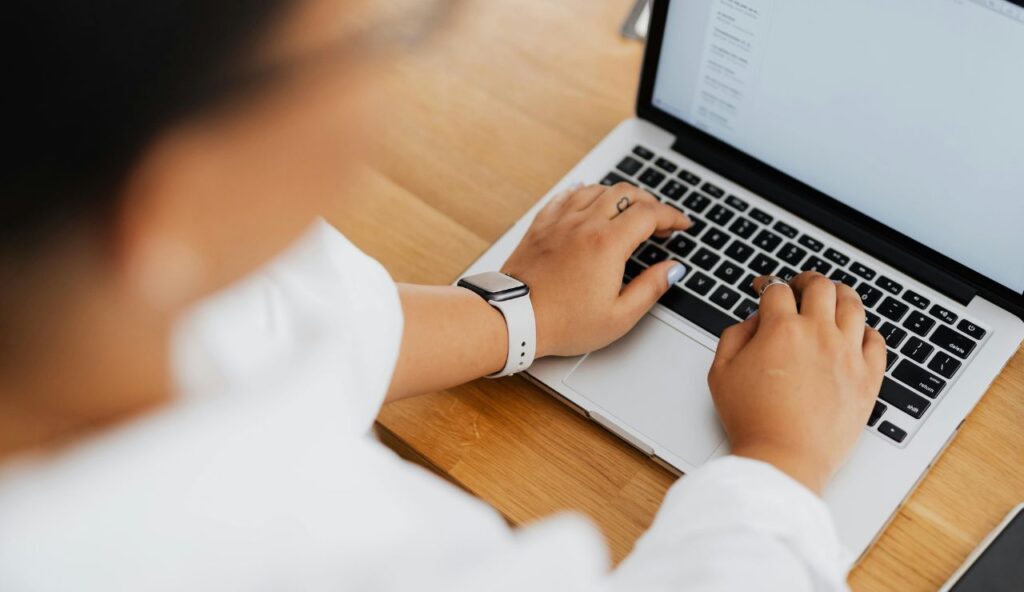
Good emails show you’re serious and respectful. Use a clear subject line, greet the person properly, and get to the point without rambling. Always check for spelling and grammar before hitting send. Keep your tone polite and sign off with your name. Whether you’re contacting a teacher, employer, or landlord, a well written email leaves a strong impression. It’s a small skill that makes a big difference.
9. Handling Basic Repairs
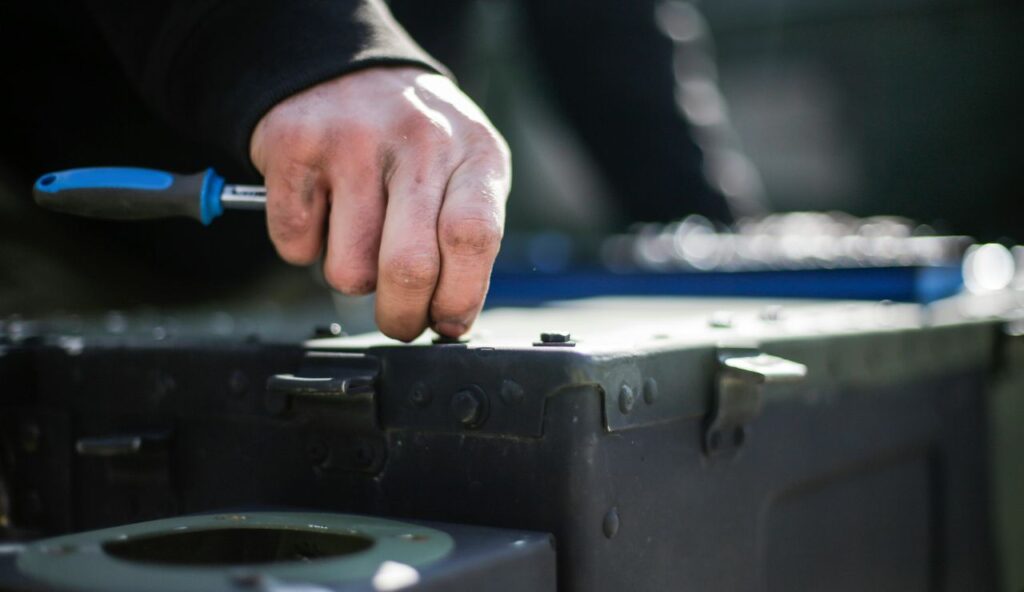
You don’t need to fix everything, but learning a few basic repairs can be a real help. Know how to unclog a drain, tighten a loose screw, or patch small holes in the wall. Keep simple tools like a screwdriver, wrench, and plunger in your space. When something breaks, you’ll feel more prepared. These small skills save money, reduce stress and help you take care of your place with confidence.
10. Setting Boundaries With People

Learning to set boundaries is a key part of growing up. It means being honest about what you’re okay with and what you’re not. If someone crosses a line, speak up calmly and clearly. This applies to friends, roommates, coworkers, and even family. You don’t have to explain yourself over and over. Respecting your own limits helps you build stronger connections and take better care of your mental health.
11. Understanding How Credit Works
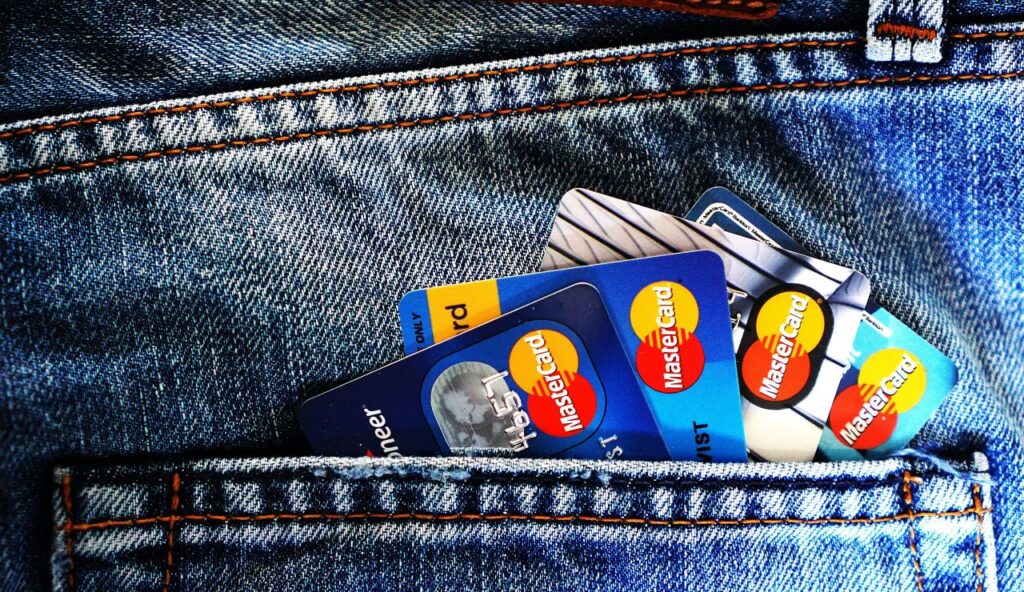
Credit affects your future more than you might think. It can impact your ability to rent an apartment, buy a car, or get approved for loans. Learn how credit cards work, what interest means, and why paying bills on time matters. A good credit score takes time to build, but it starts with smart habits. Managing credit responsibly now can open up more financial options down the road.
12. Knowing How to Ask for Help
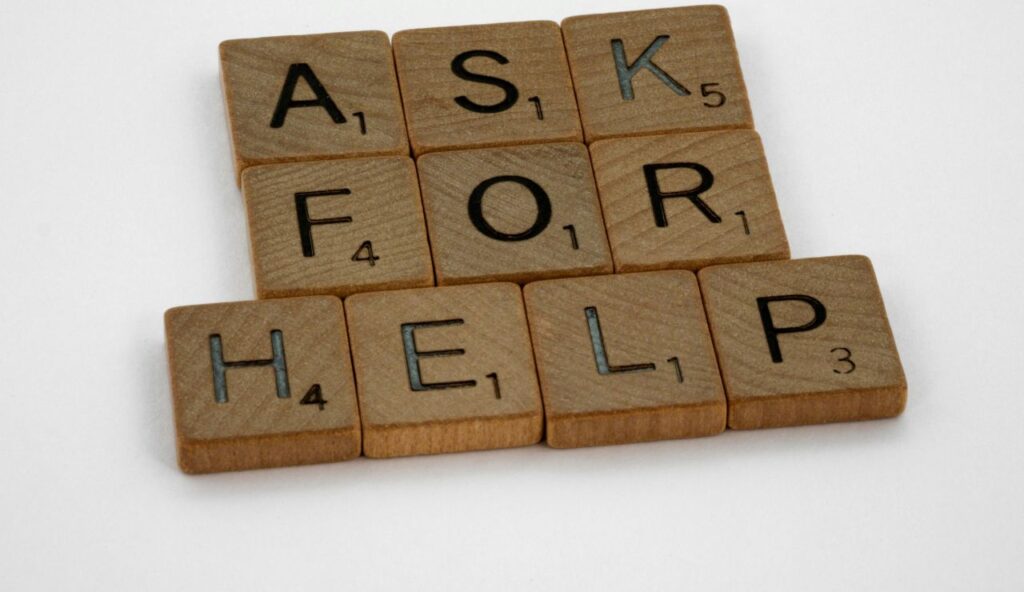
Being independent doesn’t mean doing everything alone. If you’re struggling with stress, money, or a tough decision, reaching out is a smart move. Talk to someone you trust or use support resources when needed. Knowing when to ask for help shows strength, not weakness. Everyone needs support sometimes, and learning how to seek it keeps you grounded during life’s harder moments.

